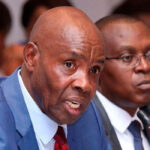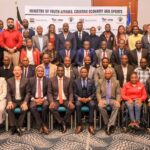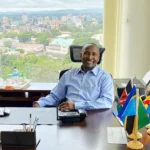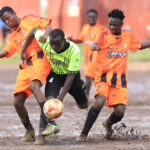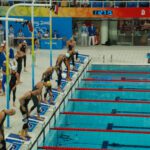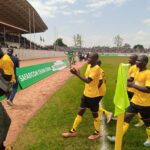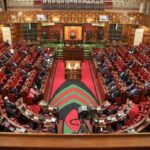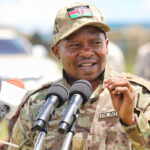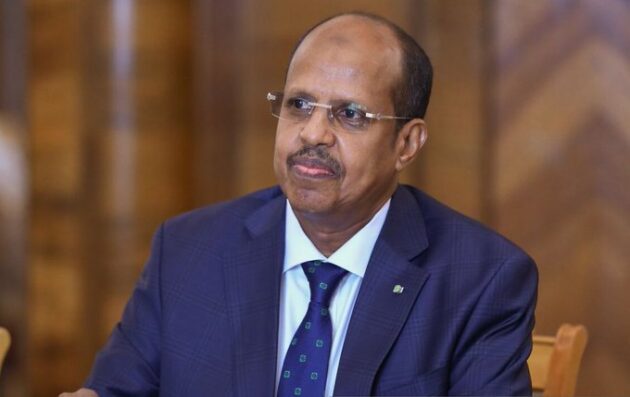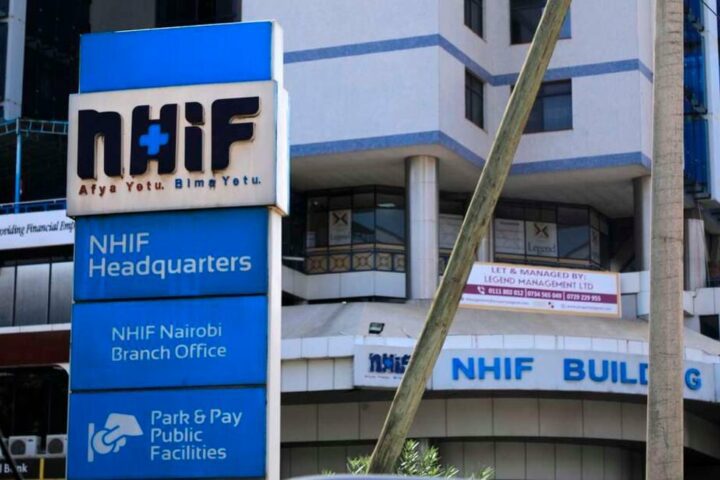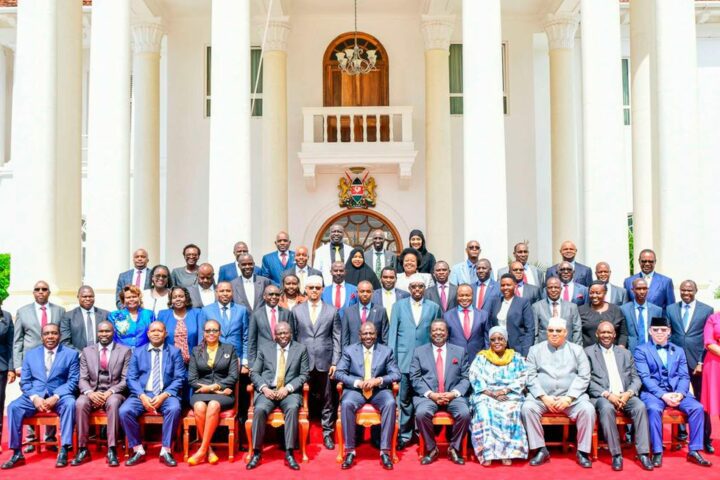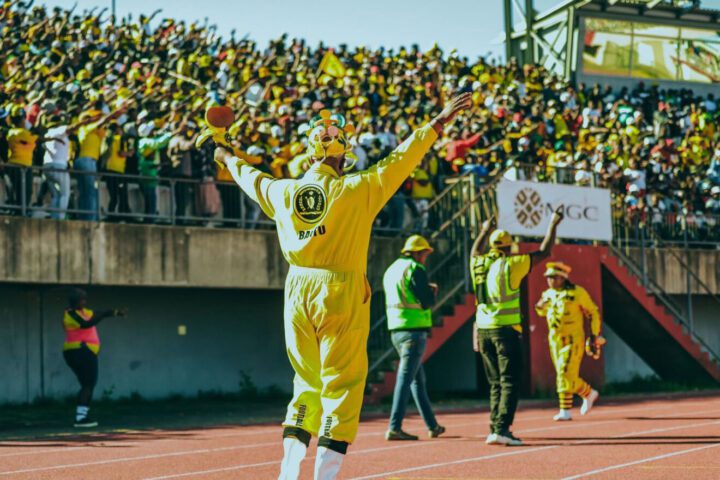Two babies have been rescued floating near the shores of Lake Kivu days after floods killed more than 400 people in east Democratic Republic of Congo.
“It is a miracle, we were all amazed,” local community leader Delphin Birimbi tells the BBC.
Their parents have died but the community is in touch with people who can raise them, Mr Birimbi adds. It is not clear how the babies survived three days in the lake, but onlookers say they were floating on debris.
The babies were rescued on Monday – one in Bushushu and the other in Nyamukubi, the two villages worst-hit by the floods which struck last week, Mr Birimbi says.
The tragedy has led to distressing scenes in the villages of dead bodies piled up and wrapped in blankets, and concerns about the smell of decomposing bodies, the Congolese Red Cross warns.
More dead bodies were found in the mud on Wednesday, taking the number of dead to at least 411, Of these, 317 have been buried. However, identifying all the deceased is a challenge, local leaders say, as some of them were not village residents, but traders visiting from neighbouring towns as rains hit on a market day.
“More bodies are being discovered in a later stage of decomposition,” Congolese Red Cross spokesperson John Kashinzwet tells the BBC.
“Without a large-capacity morgue, safe burial must be done quickly, when identification by family members is possible.”
A representative from medical charity Médecins Sans Frontières (MSF) earlier outlined the scale of the disaster in an interview with the BBC’s Newsday programme, saying that the villages were facing “a humanitarian crisis”.
In a video shared on Twitter by a local journalist, a woman can be heard saying that one of the rescued babies has a badly injured leg. More than 5,000 people are still missing and “rescue activities are still ongoing” Mr Birimbi says.
Local civil society groups report that 200 injured people are in local health centres and a hospital following the floods, while 1,300 residential houses have been destroyed, and “many schools, health facilities, churches, and water infrastructure were destroyed”.
Victims of the floods have previously told the BBC that their lives have been completely destroyed. “I don’t have any more relatives, and I don’t have a farm, I have nothing,” Gentille Ndagijimana said.
Many local people, including Nobel peace prize laureate Denis Mukwege, who comes from this area, have condemned the burial of flood victims in mass graves. Similarly Mr Birimbi criticises the government, especially the president and prime minister, for not visiting the flood sites, although a national day of mourning was held on Monday.The heavy rains struck just days after floods in neighbouring Rwanda where more than 130 people were killed.
UN chief António Guterres said the floods were another illustration of accelerating climate change. Many factors contribute to flooding, but a warming atmosphere caused by climate change makes extreme rainfall more likely.
The world has already warmed by about 1.2C since the industrial era began and temperatures will keep rising unless governments around the world make steep cuts to emissions.



